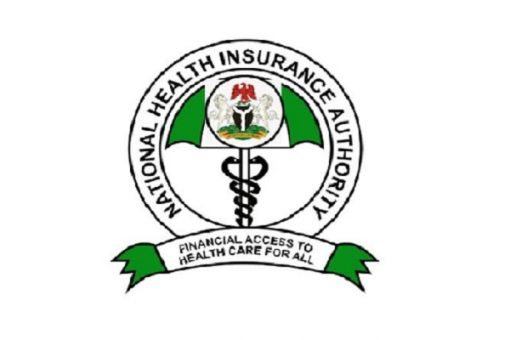
The National Health Insurance Authority (NHIA) has announced a set of reforms to address persistent delays in healthcare service authorization and improve the overall quality of care for enrollees under the National Health Insurance Scheme (NHIS).
Effective from April 1, 2025, the new guidelines are designed to enhance service delivery by ensuring timely medical interventions and promoting efficiency within the system. The announcement was made by, acting director of media and public relations at NHIA, Emmanuel Ononokpono in a statement shared with journalists over the weekend in Abuja.
According to Ononokpono, the NHIA has notified all relevant stakeholders of the new rules, which aim to eliminate long-standing bottlenecks that have hindered swift healthcare access. A key highlight of the reforms is the mandate that Health Maintenance Organisations (HMOs) issue treatment authorisation codes within one hour of receiving requests from healthcare providers.
“This measure is crucial to significantly reduce delays that have frustrated patients and providers alike,” Ononokpono stated.
He further explained that, in instances where HMOs are unable to meet the one-hour timeline, they are now obliged to immediately notify both healthcare providers and enrollees, providing valid reasons for any delay. This step, he noted, is aimed at fostering transparency and accountability in the system.
Importantly, the new policy empowers healthcare providers to proceed with necessary treatments if the one-hour deadline is exceeded, while NHIA commits to verifying the services delivered afterward. “This ensures that patients’ rights are protected and critical treatments are not unnecessarily delayed,” Ononokpono emphasised.
Enrollees are also encouraged to report any delays beyond the stipulated timeframe directly to the NHIA for prompt resolution. For emergency cases, the existing flexibility remains: prior authorization codes are not required before treatment, but providers must secure the codes within 48 hours after initiating care.
To enforce compliance, the NHIA warned of strict sanctions against HMOs and other parties found deliberately stalling the authorisation process. Ononokpono reiterated that these changes align with the NHIA Act of 2022 and reflect the agency’s broader commitment to building a more responsive and effective healthcare system.
“Stakeholders, including healthcare providers, HMOs and enrollees, are expected to adhere to these new measures as NHIA will conduct regular reviews to assess the effectiveness of the new processes,” he added.
Industry observers, including Science Nigeria, report that these initiatives are expected to significantly enhance patient experiences nationwide, bringing Nigeria closer to achieving the goal of Universal Health Coverage.
With the introduction of these reforms, the NHIA is positioning itself to ensure quicker, fairer and more transparent healthcare delivery for millions of Nigerians.

